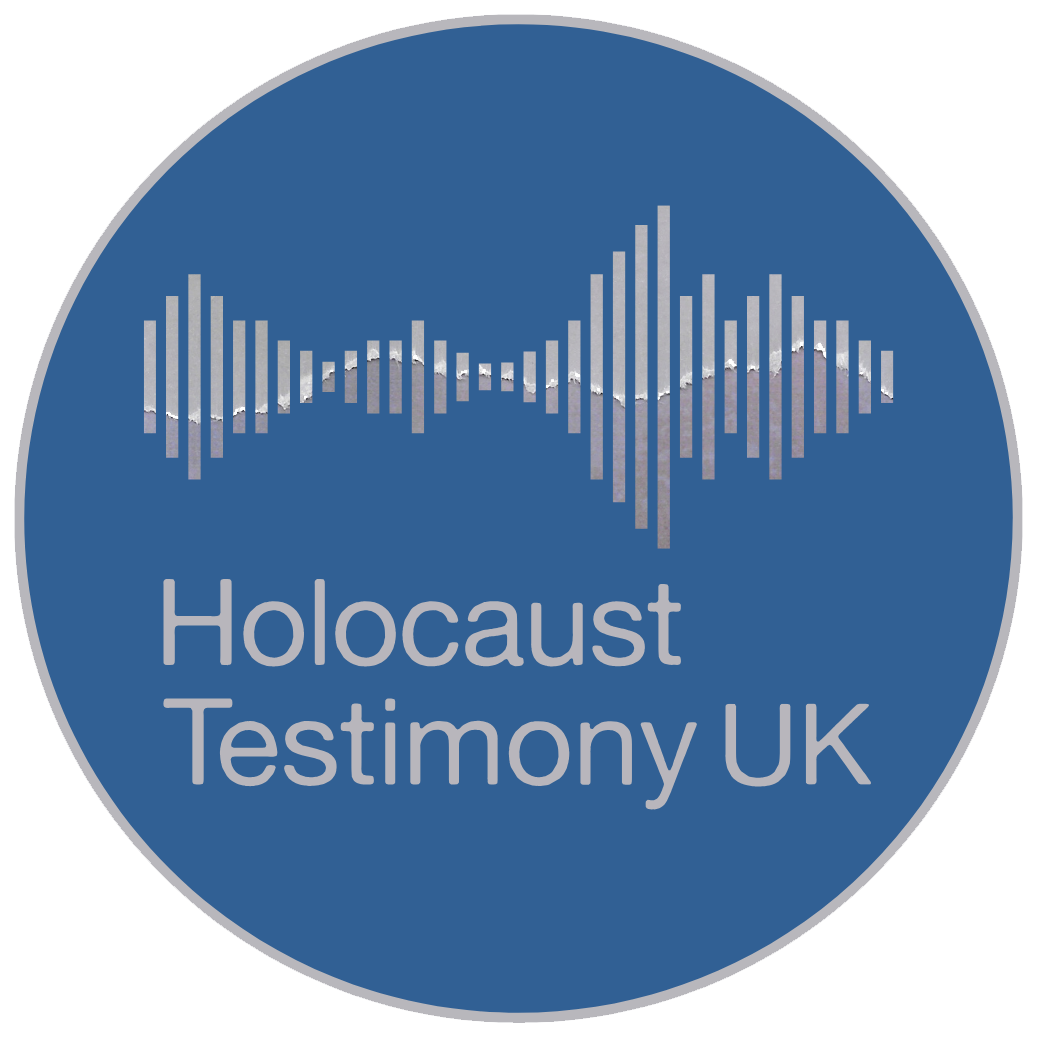External Links
Interview(s) below aren't available on our site but may be available online from partner sites. If not, please contact the partner archive directly to arrange access.

Interviewee Summary
Edna Sovin was born in August 1938 in Berlin. Her mother Hanna Beerman was a doctor and her father Fritz Beerman had a small business. Her maternal grandparents Bertha and Hermman Falkenberg active communal figure in the ‘Liberale’ branch of the Jewish community of Berlin. Her grandfather founded the ‘Liberale Synagoge Norden’ and her grandmother was the first woman on the Board of the Jewish Community in Berlin and was the president of the ‘Juedischer Frauenbund’ for many years.
In August 1939 Edna and her parents travelled to the UK on transit visas. They took the train to Cologne, where they had relatives and then took the plane to Croydon airport. The family settled in Finsbury Park. When the war started, Edna and her mother were sent to the countryside and the father stayed in London.
When Edna and her mother went before a tribunal they were classified ‘enemy alien A’ which meant that they were interned and sent to the Isle of Man, where they first stayed in a women and children’s camp and then in a family camp, where they were joined by Edna’s father. She has happy memories from her time on the Isle of Man.
When the family was released they moved to Kilburn. She found it difficult to speak to other children, as her main language had been German. But now in London, her parents told her not to speak German in public (a fact that seemed to have troubled her later). When the second Blitz began in 1943, Edna was taken first to Shropshire, then to Birmingham. In Birmingham she was fostered by a young English widow who had a son. Edna formed a close relationship to her foster brother and her parents visited her every month.
Towards the end of the war, she came back to London. Her parents had a small circle of refugee friends and Edna grew up as an only child without many other children. Her mother became one of the first GPs in the new National Health System (in Finsbury Park) and her father built up a small business (Beecha Products) Edna describes that her father was domineering and that her mother’s independence was in her work. Edna went to London Polytechnic to do a Secretarial Course and then to UCL to study Psychology. Later she became a Psychotherapist. She married Stanley Sovin in 1962 and they had three children. Edna joined a Reform Synagogue in her late thirties when she became interested in Judaism. Today she feels that she has remained an outsider in most of the groups she had joined. She went to Berlin a few years ago when a plague was erected in honour of her grand-parents, Bertha and Herrman Falkenberg. Among the papers she inherited from her mother, there is a rich correspondence with her grand-mother, who survived the war but died 1945 in Switzerland (when her papers to emigrate to the UK had just come through). Edna was very moved to find many references to herself in the letters of her grandmother.

Testimonies
1 March 2017
Institution
External Link
External Link
External Link


INTERVIEWEE:
Edna S.
Born:
1938
Place of birth:
Berlin

Photos
Caption
Institution
External Link
External Link
External Link

Caption
Institution
External Link
External Link
External Link

Caption
Institution
External Link
External Link
External Link

Maps
Place of Birth
Berlin
Place of Interview
Location
Recorded Talks
Place of Birth
Berlin
"The whole reason that we have this interview is to let future generations know what kind of life of we had so they should have a better life, not have to suffer through all the traumas we had to suffer. As time goes on the memory of those days and the importance of it will dim, and this programme will help keep it in people's minds and hopefully let future generations have a better life. It should be a better world."
- Arnold Weinberg, AJR Refugee Voices Testimony Archive.
"The distribution of life chances in this world is often a very random bus"
- Peter Pultzer.

Experiences:
Tag
Tag


